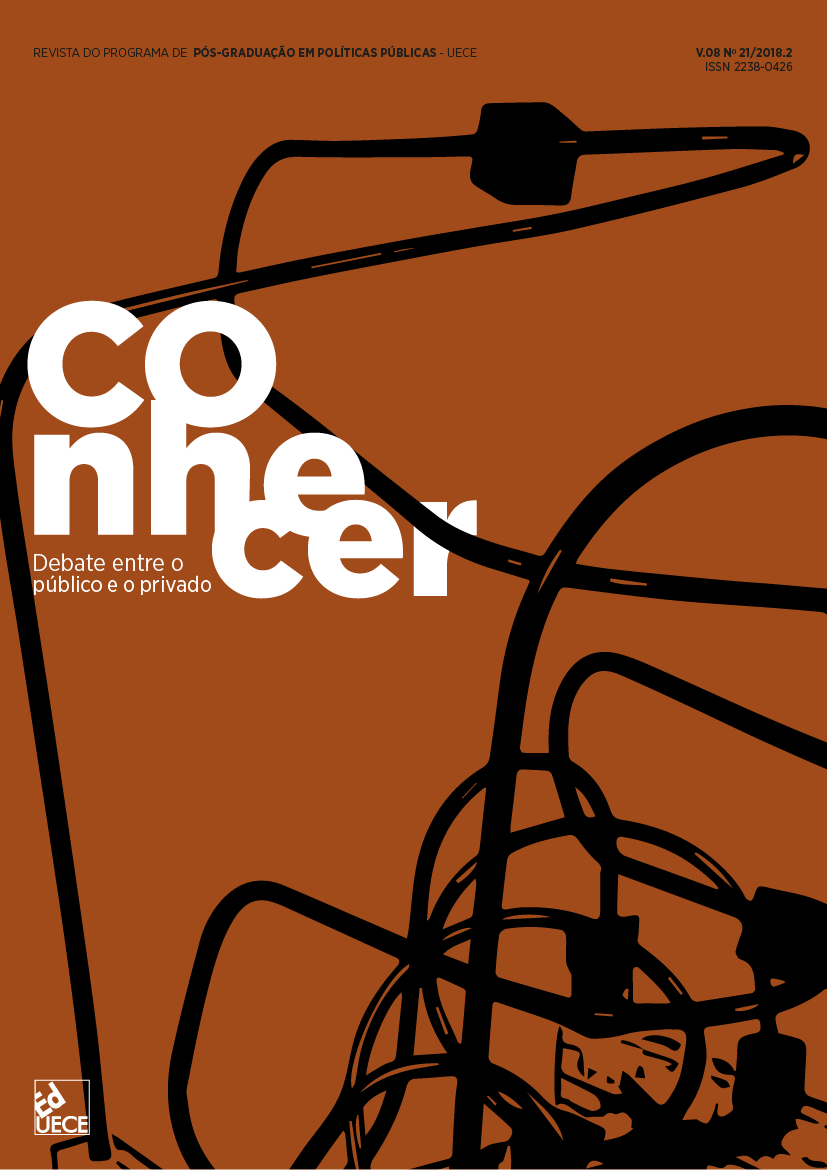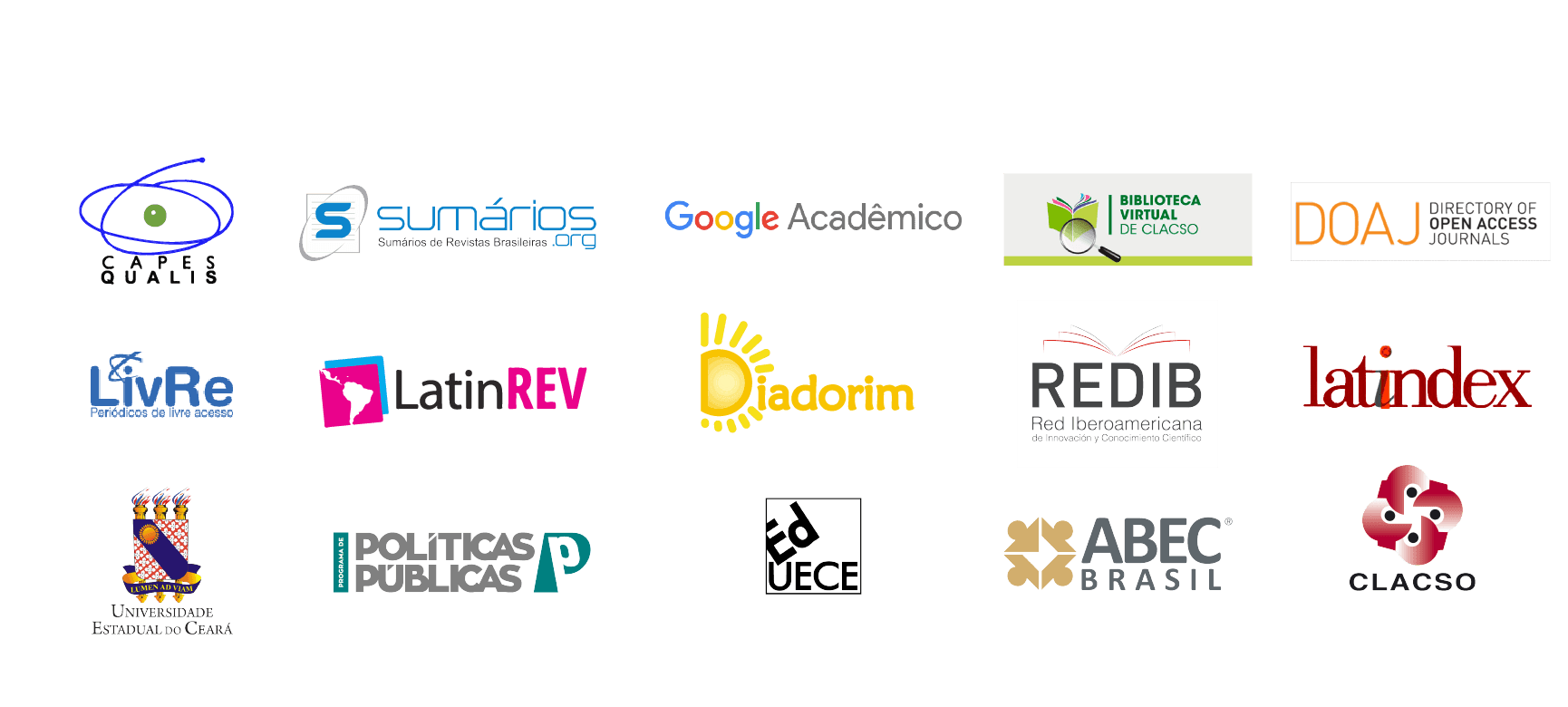FHC (1993-1994):
end of a path towards deliberate adaptation to the neoliberal order
DOI:
https://doi.org/10.32335/2238-0426.2018.8.21.1070Keywords:
Fernando Henrique Cardoso, Theory and practice, NeoliberalismAbstract
This study seeks to clarify aspects of the relationship between theory and practice in Fernando Henrique Cardoso (FHC), from the beginning of his theoretical work until his first presidential candidacy, in 1994. This analysis contrasts with interpretations having the formulations on dependency as the specific origin of FHC’s political trajectory – either with a continuity bias, as if the previous theory had determined the practice, or with a disruptive bias, as if the practice were the fruit of a break with the original theory. We sought to demonstrate how the definition of a new hegemony in the country at the late 1980s created the conditions for the consolidation of this pragmatism in FHC, which came to justify ‘theoretically’ his actions by resuming a dichotomy modern ´ archaic that himself helped to overcome through the dependency theory. Thus, we focus on the two years immediately preceding his arrival to the Presidency of the Republic, in order to illustrate the last years consolidating a new view on Brazil according to FHC, as a way of providing means to grasp what his two terms in office were, both concerning public policies and regarding the very conception of State that drove his actions.
Downloads
Downloads
Published
How to Cite
Issue
Section
License
Authors who publish in this journal agree with the following terms:
- Authors retain the copyright and grant the journal the right of first publication, and the study is simultaneously licensed under the Creative Commons Attribution License, which allows sharing the study by acknowledging authorship and initial publication in this journal.



